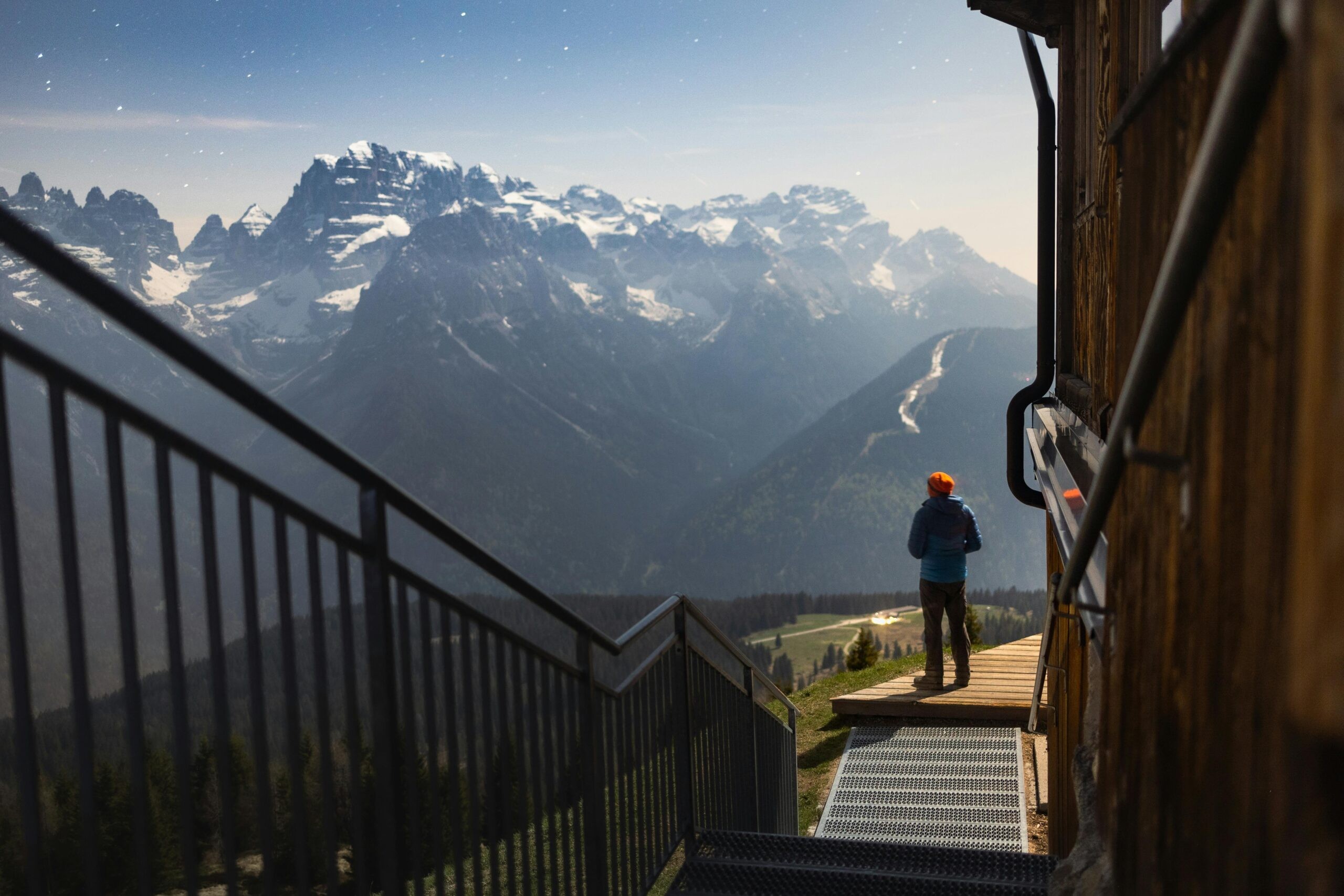Low water pressure is a common concern affecting many households in New Jersey, impacting daily activities and overall comfort. Understanding the causes behind low water pressure in homes is essential for identifying and resolving these issues efficiently. This article outlines key contributors to low water pressure, their implications, and how they relate to typical home plumbing issues in the region.
- Low water pressure often results from pipe blockages, water main problems, or faulty plumbing fixtures.
- Home plumbing issues may arise due to aging infrastructure, sediment buildup, or municipal water supply interruptions.
- Addressing low water pressure requires systematic diagnosis of internal plumbing and external supply sources.
- Regular maintenance and prompt repairs can prevent many causes related to low water pressure.
- New Jersey plumbing systems have specific challenges, including seasonal temperature effects and older pipe materials.
Low water pressure in homes directly affects the functionality of plumbing systems, reducing the efficiency of water-dependent appliances and fixtures. This article, examining “What Causes Low Water Pressure in Homes,” discusses the most prevalent factors contributing to this issue, highlighting their causes, consequences, and connection to home plumbing concerns, with a focus on New Jersey plumbing conditions.
Reliable water pressure is vital for residential comfort and health, facilitating everyday tasks such as showering, cleaning, and cooking. Low water pressure situations can develop gradually or suddenly, affecting both older and newer homes. Homeowners, property managers, and plumbing professionals are directly impacted by low water pressure scenarios, which can signal deeper system malfunctions or external supply issues. Understanding why low water pressure occurs is essential for identifying appropriate remedial measures and maintaining effective plumbing infrastructure.
Water pressure is the force that pushes water through plumbing pipes to appliances and fixtures. Typically, municipal water systems maintain a water pressure ranging from 40 to 80 pounds per square inch (psi), ensuring adequate flow. When water pressure falls below the expected range, multiple factors can be responsible.
Key Causes of Low Water Pressure
1. Pipe Blockage or Sediment Buildup
Over time, mineral deposits, rust, and debris can accumulate inside pipes, causing partial or full blockages. Hard water common in many parts of New Jersey exacerbates sediment buildup, especially in older pipes made from galvanized steel or cast iron. This blockage reduces the internal diameter of pipes, restricting water flow and lowering pressure at the fixtures.
2. Water Main Problems
Issues in the municipal water supply, such as main breaks, leaks, or planned maintenance, can decrease water pressure for connected homes. Water main breaks are particularly impactful in densely populated areas of New Jersey, causing temporary pressure drops until repairs are completed.
3. Leaks Within Home Plumbing
Leaking pipes not only waste water but also reduce pressure throughout the system. Leaks can occur behind walls, under floors, or in outdoor lines, sometimes remaining undetected for extended periods. Symptoms of leaks include damp spots, higher water bills, and diminished water pressure.
4. Faulty Pressure Regulator
Some homes have a pressure regulator installed on the main water line to maintain safe pressure levels. A malfunctioning or improperly set regulator can cause low water pressure inside the home.
5. Corroded or Aging Pipes
Older residential plumbing systems in New Jersey may feature pipes prone to corrosion and deterioration. Corroded pipes limit flow capacity due to rough internal surfaces and may gradually narrow, resulting in low pressure.
6. Simultaneous Water Usage
High simultaneous water usage within the household, or by neighboring properties if supply lines are shared, can reduce water pressure temporarily. This is common during peak morning or evening hours.
7. Clogged Fixtures and Appliances
Fixtures such as faucets, showerheads, and toilets can develop clogs from mineral deposits or debris. These clogs reduce water flow and give the impression of low household water pressure.
Market and Regional Context
New Jersey's plumbing infrastructure features a mixture of older and newer systems. Aging infrastructure increases the likelihood of pipe corrosion and blockages that cause low water pressure. Additionally, the region’s hard water contributes to mineral scale formation in pipes and fixtures. Plumbing professionals in New Jersey frequently address low water pressure as part of broader home plumbing service offerings. Given seasonal temperature variations, frozen pipes and burst pipes during winter months can also indirectly lead to issues affecting water pressure.
Risks and Implications
Low water pressure can lead to inefficient cleaning, incomplete flushing, and reduced functionality of water heating systems. Moreover, undetected leaks causing pressure loss pose risks of water damage, mold growth, and elevated utility bills.
Applications and Remedial Actions
Correct diagnosis is critical. Techniques such as pressure testing, video pipe inspection, and checking the water meter can pinpoint sources of pressure drops. Solutions range from pipe cleaning and replacement, leak repair, adjusting or replacing pressure regulators, to coordinating with municipal authorities for water main repairs. Routine maintenance and proactive plumbing inspections help prevent many causes of low water pressure.
Low water pressure in homes typically results from pipe blockages, water main problems, aging infrastructure, or plumbing system malfunctions. Addressing these issues involves thorough investigation of both internal piping and external supply conditions. In regions like New Jersey, where older pipes and hard water are common, regular maintenance and professional plumbing services are essential to sustain adequate water pressure and prevent related home plumbing issues. For further information and expert assistance regarding low water pressure and other plumbing concerns, consult trusted local New Jersey plumbing professionals.
For professional solutions to low water pressure and comprehensive residential plumbing services, visit Jersey Plumbing and explore expert guidance and support.

Recent Comments